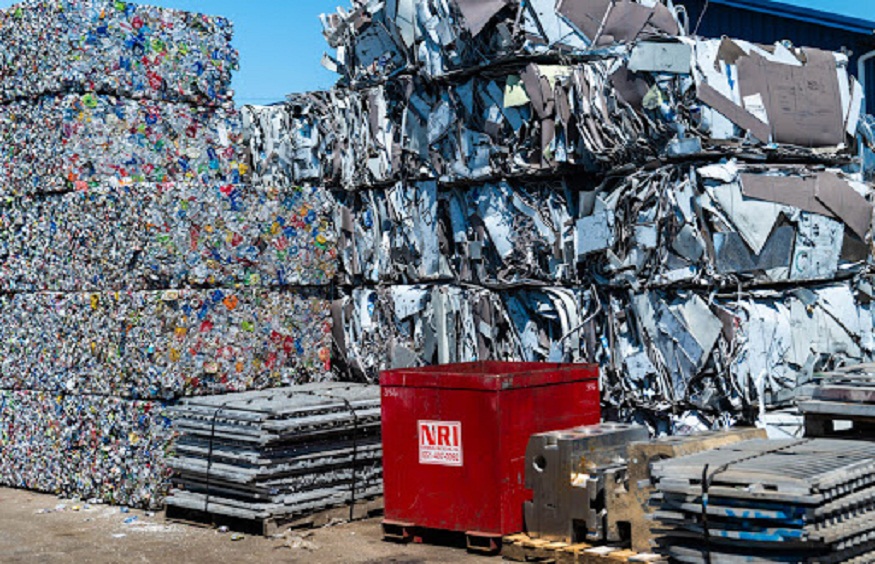Base metals, which are utilised in manufacturing, infrastructure development, transportation, and construction, are vital components of contemporary civilisation. Examples of these metals are iron, copper, and aluminium. Base metal recycling has become essential due to the growing focus on sustainability and resource conservation. The importance of base metal recycling, its advantages, and its role in promoting sustainable solutions are all covered in this article.
1. The Value of Recycling Base Metals
Recycling base metals is essential for preserving natural resources, cutting energy use, and lessening the impact on the environment. Reducing the need for new mining and extraction may help the environment by preventing major issues, including habitat loss, soil erosion, and water pollution. This is achieved by recycling base metals.
2. Common Base Metals for Recycling
Copper: Because of its high conductivity, resistance to corrosion, and recyclability, copper is one of the basic metals that is most frequently recycled. It is used in electronics, plumbing, and electrical wiring. When compared to primary manufacturing processes, recycling copper contributes to energy conservation and lowers greenhouse gas emissions.
Aluminium: Recognised for its strength, resilience to corrosion, and lightweight nature, aluminium is a basic metal that is recycled extensively. It is employed in the aerospace, building, transportation, and packaging sectors. Recycling aluminium lowers landfill trash and saves up to 95% of the energy needed for initial manufacture.
Steel and Iron are the most recycled resources worldwide. These metals are used in infrastructure development, vehicle production, and building. Reusing iron and steel minimises carbon emissions, saves energy, and lessens the need for virgin ore.
3. The Method of Recycling
There are many steps involved in the recycling of basic metals:
Gathering: Recycled metal is collected from various sources, such as consumer goods, construction sites, and industrial trash.
Sorting: Scrap metal is divided into many groups according to its kind, grade, and quality.
Processing: To get the sorted metal ready for melting, impurities are removed.
Melting: To create molten metal, the metal is melted down in a furnace.
Refinement: To increase its quality and get rid of impurities, the molten metal is refined.
Casting: The refined metal is formed into bars, ingots, or other forms for use in manufacturing.
4. Economic and Environmental Advantages
Recycling base metals has major positive effects on the environment and the economy. Recycling reduces energy use and conserves natural resources, which helps to slow down climate change, maintain ecosystems, and save biodiversity. Recycling also helps local communities, boosts economic growth, and provides jobs.
5. Contribution to the Circular Economy
Recycling base metals keeps commodities in use and lessens the demand for virgin resources, which supports the circular economy. Closing the circle and repurposing metals in new products helps reduce waste, increase material longevity, and encourage sustainable patterns of production and consumption.
Conclusion
Reusing base metals is essential to sustainable development because it addresses resource shortages, environmental deterioration, and climate change. Base metal recycling provides a win-win solution for the environment and the economy by converting trash into useful raw materials. Building a more robust and affluent future requires adopting base metal recycling as a sustainable approach.





